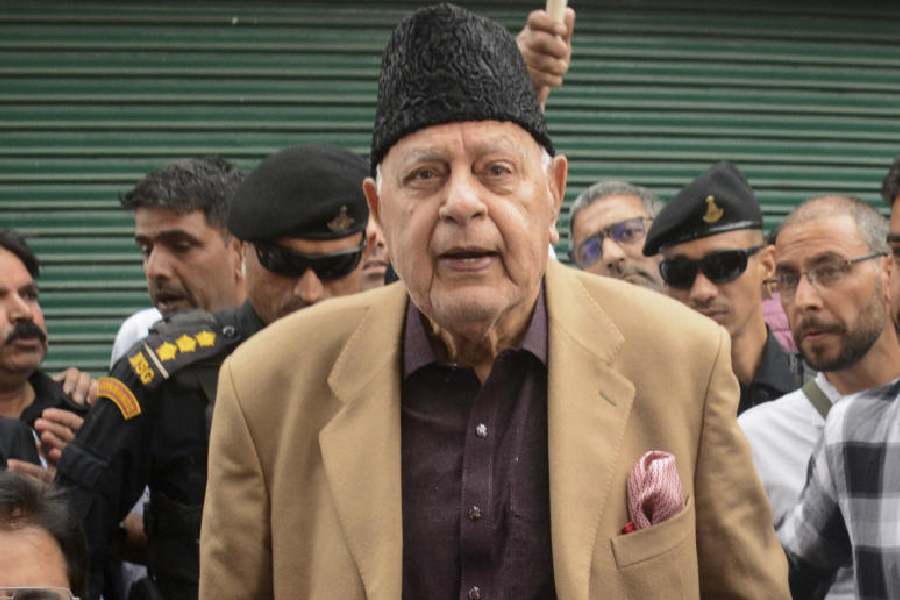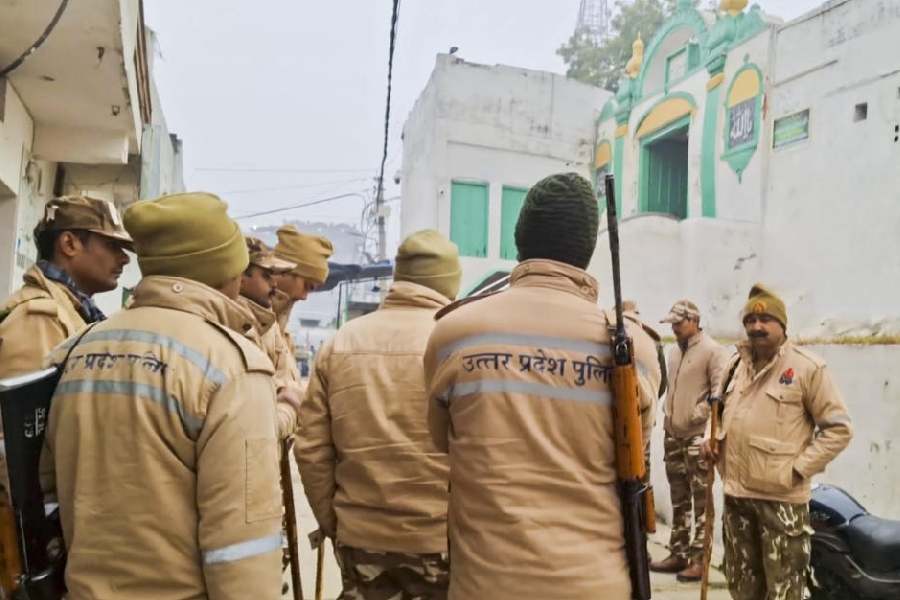Sir — The decision of the Royal Mint of the United Kingdom to drop its plan of honouring the beloved children’s writer, Enid Blyton, by issuing a commemorative coin should be appreciated. Some of Blyton’s views have been accused of being ‘racist’ and ‘sexist’. No one can take away the joy that her books have given to readers for generations. But in acknowledging the follies of the writer, who was a product of her time, the authorities have conveyed a message of inclusiveness.
Abhinaba Gupta,
Calcutta
Strong stand
Sir — In the wake of the Centre’s hard-line approach towards Kashmir, it was brave of Kannan Gopinathan, who worked as an Indian Administrative Services officer, to resign from service in order to placate his conscience. The clampdown on some of the fundamental rights of the people of Kashmir — who were even deprived of the right to stage a protest — following the abrogation of sections of Article 370 rankled with Gopinathan (“Gag on Valley voice drives officer exit”, Aug 25). But the terms of his service allegedly did not permit him to make comments on sensitive issues. As such, his move has indeed made a bold statement. It proved that nobility lies in a person’s stand on important matters, such as the rights of the common man, rather than in merely holding a ‘prestigious’ post. By sacrificing his personal interests for the people of the nation, Gopinathan has not only set a commendable precedent but also strengthened the ambit of democracy in the country.
Iftekhar Ahmed,
Calcutta
Sir — Kannan Gopinathan has responded to the call of his conscience and submitting his resignation so that he can speak his mind freely. As an IAS officer, he was bound by certain codes of conduct that clashed with his right to freedom of expression as a citizen. In quitting a government job to raise his voice for the common people, Gopinathan seems to have followed in the footsteps of Subhas Chandra Bose, who had given up his career in the Indian Civil Service in order to join M.K. Gandhi’s freedom movement.
It is believed that the nature of IAS officers’ jobs affords them ample opportunity to serve the people. This idea, however, is flawed. Even though government officials might have the chance to connect with the people on the ground at the initial stages of their career, it is often seen that they become answerable to local political bosses, thereby drastically reducing the scope of interacting with ordinary citizens.
Sanjit Ghatak,
South 24 Parganas
Sir — It is disturbing to note that accomplished people like Kannan Gopinathan have to step down from their prestigious positions in order to regain their voice. While civil service is considered to be one of the most suitable platforms to serve the country and its people, it could also choke the freedom of expression of the servicemen. This does not augur well for the nation.
Gopinathan’s resignation is not the only example of promising young people finding the terms of civil service stifling. Shah Faesal, who topped the civil services entrance examination and worked as an IAS officer, had also denounced his job and formed a political outfit to serve the people. Are not such developments obvious indictments of the suffocating work environment created by political leaders for competent individuals?
Nazmul Hoque,
Malda
Sir — The fact that the young IAS officer, Kannan Gopinathan, found it morally compelling to resign from his job in order to reclaim his freedom to speak his mind says a lot about the state of the country today. Gopinathan’s decision is a strong statement against the government’s attempt to muffle voices of dissent. The freedom of thought and expression is a constitutional right and, as such, no Indian citizen should be deprived of it.
Prabhas Ray,
Calcutta
Sir — Kannan Gopinathan’s selfless service during the Kerala floods last year earned him the respect of the nation. His recent step to safeguard his dignity and rights as a citizen is just as commendable.
Sarbari Ghosh,
Calcutta











